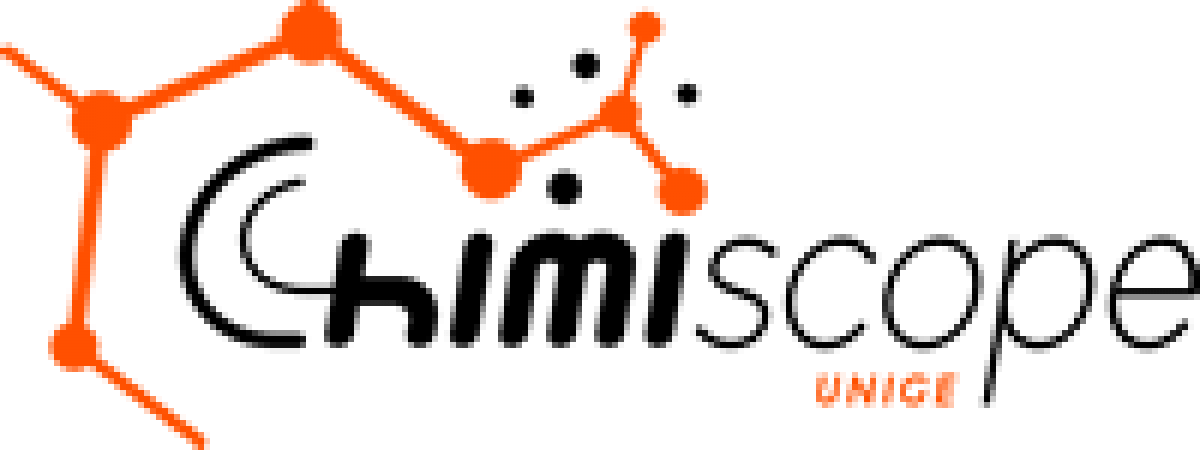Links to Outreach Centers/Activities in Switzerland
MINT Learning Center - ETH Zürich
Scientific Directors: Dr. Ralph Schumacher (contact), Prof. Dr. Elsbeth Stern, Prof. Dr. Andreas Vaterlaus
The aim of the MINT Learning Center (German version) consists in improving science education at school in the MINT areas so that students gain a better general education about the natural sciences and are better qualified for studies and professions in the natural sciences and technology.
"MINT" stands for mathematics, informatics, natural sciences, and technics. The MINT-Learning Center is part of the ETH competence center for learning and instruction, EducETH.
In the MINT-Learning center, scientists and teachers are closely cooperating to develop teaching units on central topics from physics, chemistry, and informatics. These teaching units are developed on the basis of recent empirical research on learning and instruction. Hence, cognitively activating forms of learning such as prompts for self-explanations, instructions for metacognitive questions, and inquiry learning are integrated into these teaching units.

.
PhysiScope: Au défi de passionner les jeunes - Motivating young generations for physics

The PhysiScope is a MaNEP- initiated outreach project, developed in collaboration with the Physics Section of the University of Geneva. The PhysiScope is a public demo-lab where physics is presented in a very lively way through hands-on experiments and discussions that illustrate the laws of physics while allowing the visitor to understand some of the greatest issues of today's research : superconductivity, the CERN's large particles collider, renewable energies, nanotechnologies, the discovery of new planets, and much more.
ChimiScope: Laboratoire de découverte et d’expérimentation - Discovering and experimenting
Chimiscope has multiple objectives:
- Motivating young people for science and giving them a technical understanding of our society and the world that surrounds us.
- Presenting the importance of chemistry in our society.
- Communicating researchers' enthusiasm for the science of molecules and emphasizing the exiting career perspectives in chemistry, notably in Geneva companies, through science studies at the University of Geneva.
- Promoting the excellence of chemistry in Geneva, both academic and industrial.

.
Optics Chapter ETH Zurich
The Optics Chapter ETH Zurich was set up by PhD and master students of the ETH Zurich Departments of Physics and of Information Technology and Electrical Engineering to support the communication between students studying optics.
"Crawl through a laser maze, learn why some people have to wear glasses and measure the power of your laser-pointer. The Optics Chapter ETH Zurich welcomes all visitors of the Scientifica at their booth on the poly terrace of the ETH Zurich. More information can be found at our webpage."
.
go tec Jugendlabor
Der Fachkräftemangel im technischen Bereich beschäftigt schon heute viele Schaffhauser Gewerbe- und Industriebetriebe. Das hat die Industrie- und Wirtschafts-Vereinigung Schaffhausen IVS vor drei Jahren dazu bewogen, mit dem Projekt Berufseinstieg – Fachkräftemangel Gegensteuer zu geben.Zusammen mit dem Erziehungsdepartement und der Wirtschaftsförderung des Kantons Schaffhausen hat die IVS deshalb die Initiative go tec! ins Leben gerufen, um Technik einer breiten Zielgruppe näherzubringen. Einerseits soll das Interesse an der Faszination Technik bei Kindern und Jugendlichen geweckt werden und andererseits die Vielfalt an Berufseinstiegs- und Aufstiegsmöglichkeiten der Karriere Technik für Jugendliche in der Berufswahl und Hochschulabsolventen sowie deren Eltern und Lehrpersonen aufgezeigt werden.

 Ursula Keller wins “Swiss Nobel” Marcel Benoist Prize
Ursula Keller wins “Swiss Nobel” Marcel Benoist Prize Farewell: the NCCR MUST ended
Farewell: the NCCR MUST ended  MUST2022 Conference
MUST2022 Conference New scientific highlights
New scientific highlights FELs of Europe prize for Jeremy Rouxel
FELs of Europe prize for Jeremy Rouxel Ruth Signorell wins Doron prize
Ruth Signorell wins Doron prize New FAST-Fellow Uwe Thumm at ETH
New FAST-Fellow Uwe Thumm at ETH International Day of Women and Girls in Science
International Day of Women and Girls in Science New scientific highlight
New scientific highlight EU XFEL Young Scientist Award for Camila Bacellar,
EU XFEL Young Scientist Award for Camila Bacellar, Prizes for Giulia Mancini and Rebeca Gomez Castillo
Prizes for Giulia Mancini and Rebeca Gomez Castillo Nobel Prize in Chemistry awarded to RESOLV Member Benjamin List
Nobel Prize in Chemistry awarded to RESOLV Member Benjamin List Hans Jakob Wörner invited to give the „New Horizons Solvay Lectures”
Hans Jakob Wörner invited to give the „New Horizons Solvay Lectures”  Unusual keynote talk at an international scientific conference
Unusual keynote talk at an international scientific conference NCCR MUST at Scientifica 2021
NCCR MUST at Scientifica 2021